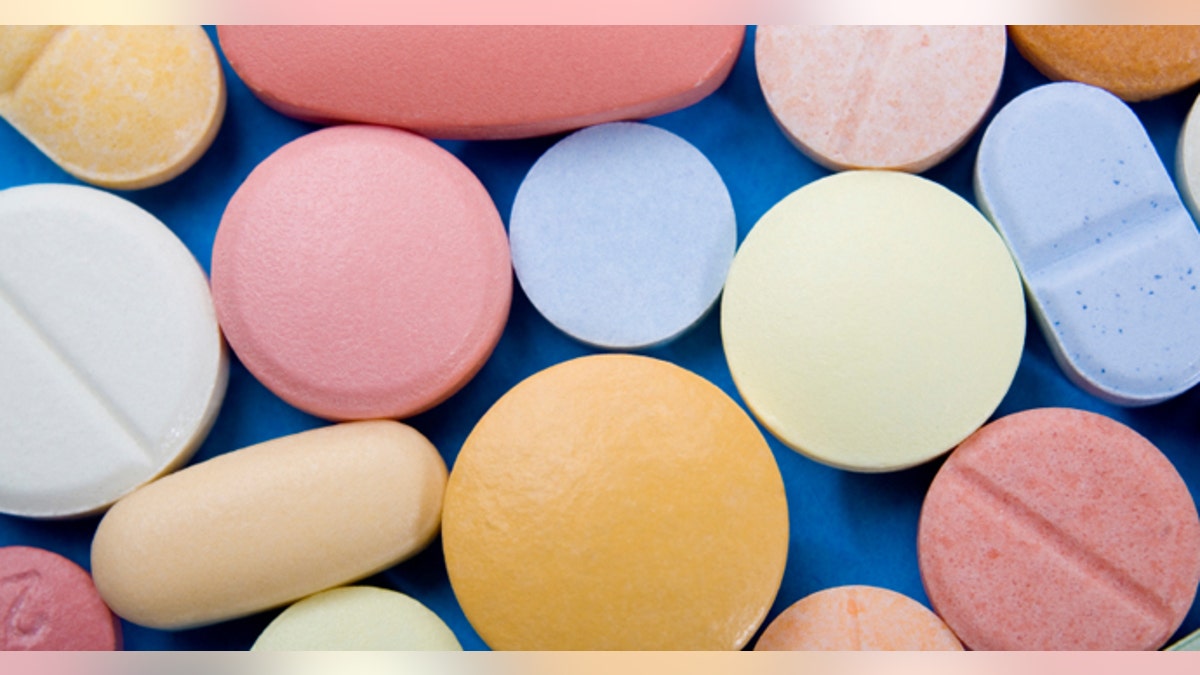
The Food and Drug Administration is warning to consumers not to buy dietary supplements containing the ingredient dimethylamylamine, or DMAA.
The strongly worded warning from the agency, which calls the DMAA illegal, is the first to explicitly caution consumers about the ingredient, experts say.
DMAA, most commonly found in supplements promoted for helping muscle-building and weight loss, can increase blood pressure, and may cause shortness of breath, irregular heartbeat and heart attacks, the FDA says.
The warning comes after the FDA sent letters to 11 companies last year, asking them to stop making and selling products containing DMAA. Since then, all but one of the companies has complied, the FDA said.
In its previous letters, the FDA questioned the legality of DMAA, while in this new warning, the agency is "crystal clear that it is illegal," said Dr. Pieter Cohen, an assistant professor of medicine at Harvard Medical School and a general internist at Cambridge Health Alliance in Boston.
The company that did not comply, USPlabs, makes the DMAA-containing supplements Oxy Elite Pro and Jack3D. To challenge the FDA's actions, USPlabs submitted studies to the agency attempting to show that the products are safe, but in the new warning, the FDA says the studies are insufficient to support the sale of these products. The FDA is working on a response to USPlabs, and will work to close the issue, the FDA said.
Also last year, the U.S. military removed supplements containing DMAA supplements from stores on its bases while it investigated whether the supplement was tied to the deaths of two soldiers.
Despite these previous investigations, this is the first time the FDA is directly warning consumers about the hazards of DMAA, Cohen said.
"[It's] an unacceptable delay that’s placed consumers in harm's way," Cohen said, noting that DMAA-containing supplements have been sold since 2007.
The FDA has received 60 reports of illnesses and deaths linked to supplements containing DMAA, although these reports cannot prove that the supplements were the cause of the health problems, the agency said.
Unlike medical drugs and devices, dietary supplements do not require FDA approval before they are sold to consumers. (Companies that sell supplements to not need to provide proof of their safety and efficacy.) The FDA regulates supplements only after they enter the market, and must undertake lengthy steps to remove a product it deems unsafe, the FDA said.
"The law is such that it really creates a difficult situation for the FDA," Cohen said.
Because it takes the FDA so long to take action on a single ingredient, it give companies plenty of time to come up with new ingredients to add to their products, which also may not be safe, Cohen said.
"This development gives us no reassurance that, overall, supplements are safer today than they were last year," Cohen said.
Consumers who want to buy supplements should stick with vitamins and minerals, or single-ingredient supplements, Cohen said. They should look for supplements that have been certified by the U.S. Pharmacopeial Convention (USP) or NSF International, which can provide reassurance that the products contain the proper dosage of ingredients, and don't contain illegal ingredients, Cohen said.
Although some supplement makers say that DMAA is found naturally in geraniums, there's not reliable scientific evidence showing that the ingredient is found in plants. The ingredient used in marketed supplements is synthetic.
Copyright 2013 MyHealthNewsDaily, a TechMediaNetwork company. All rights reserved. This material may not be published, broadcast, rewritten or redistributed.
